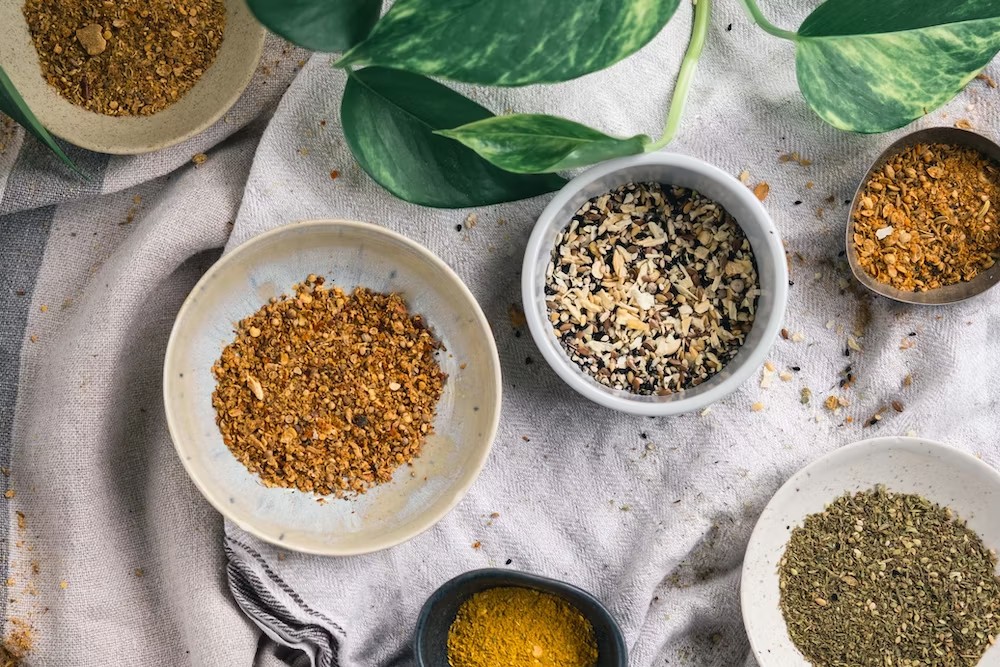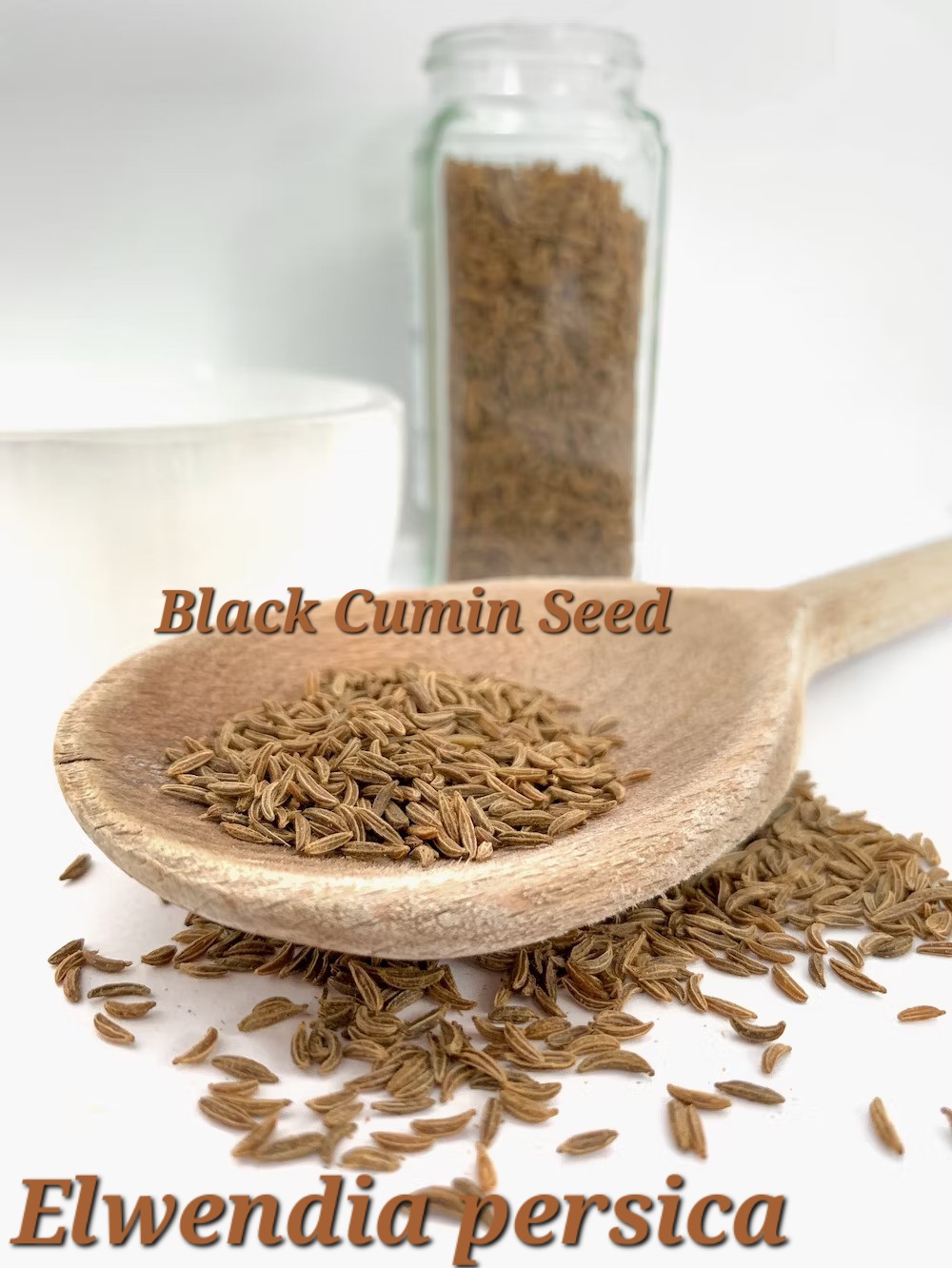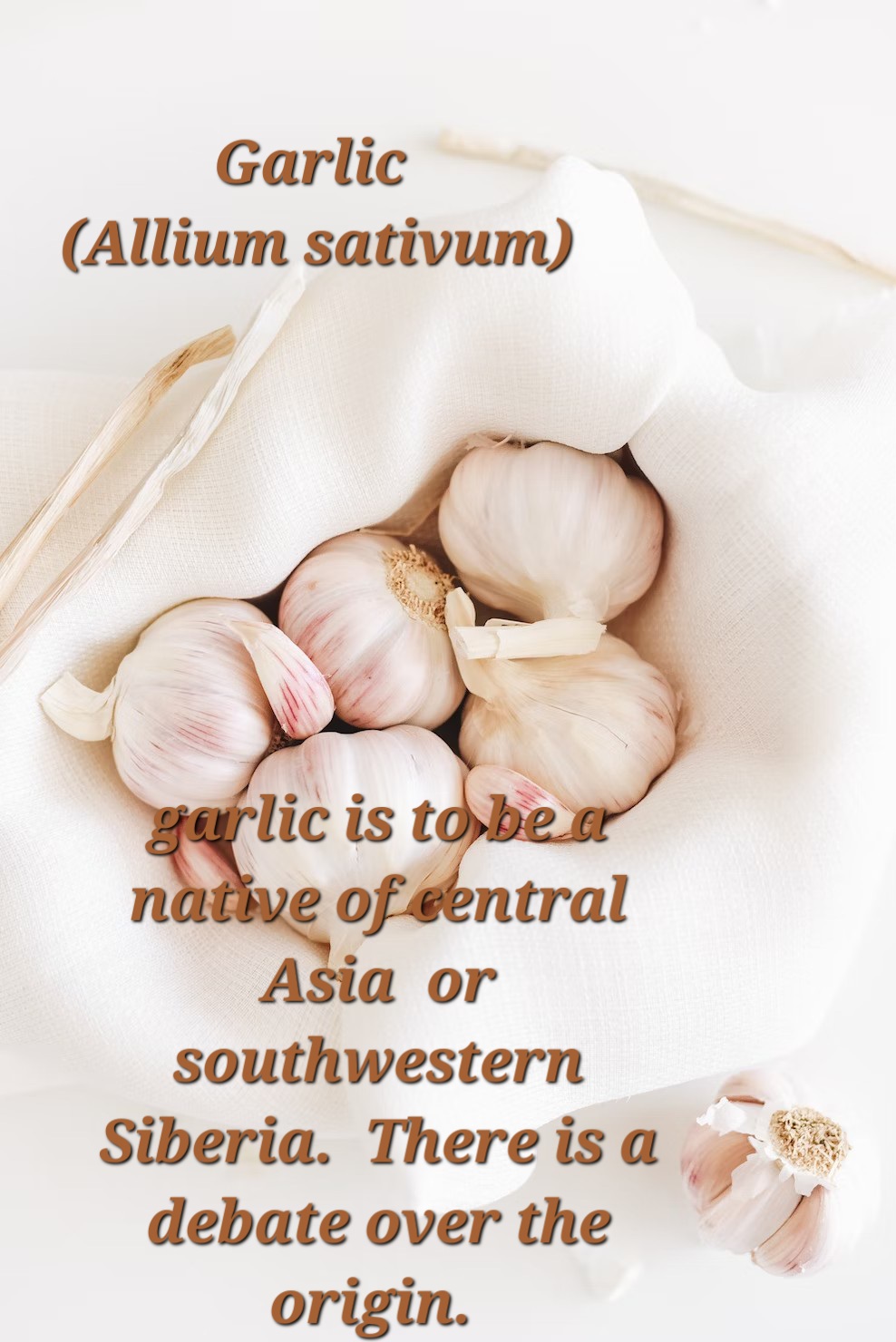


Enhancing flavor with a variety of complimentary spices and herbs
Black cumin seed paired with other complimentary spices along with onion or garlic help make soup become not only healthy but enjoyable eating. Garlic is widely used around the world for its pungent flavor or condiment.
Folk medicine
Garlic has been used for traditional medicine in diverse cultures such as in Egypt, Japan, China, Rome, and Greece.[6][7] In his Natural History, Pliny gave a list of conditions in which garlic was considered beneficial (N.H. xx. 23). Galen, writing in the second century, eulogized garlic as the “rustic’s theriac” (cure-all) (see F. Adams’ Paulus Aegineta, p. 99). Alexander Neckam, a writer of the 12th century (see Wright’s edition of his works, p. 473, 1863), discussed it as a palliative for the heat of the sun in field labor. In the 17th century, Thomas Sydenham valued it as an application in confluent smallpox, and William Cullen‘s Materia Medica of 1789 found some dropsies
From Wikipedia
Elwendia persica is a plant species in the family Apiaceae.[1][2] It is related to cumin (Cuminum cyminum) and sometimes called black cumin,[citation needed] blackseed,[citation needed] or black caraway,[3] and has a smoky, earthy taste. It is often confused with Nigella sativa (which is also called black cumin, black caraway, or black seed[4][5]), by which it is often substituted in cooking.
Dried E. persica fruits are used as a culinary spice in northern India, Pakistan, Bangladesh, Afghanistan, Tajikistan, and Iran. It is practically unknown outside these areas.[citation needed]
The plant bears slender, elongate, ribbed fruits which are harvested once the plant has become very dry. Not more than 5 to 8 g can be plucked from each plant, contributing to their high price.
The seeds are most valued as a garnish to high value, very special Indian dishes; they should not be ground, as their flavour would be reduced.
Benefits of Black Cumin :
- Obesity / Diabetes
- Appetite loss
- Higher milk production for lactating mothers
- Reduces weight
- Controls blood glucose level Link to read abstract for more informationhttps://link.springer.com/referenceworkentry/10.1007/978-3-031-29006-0_51
The main reason why people eat soup in winter is because it’s warm! A nice hot bowl of hot soup warms the body and brings a smile to everyone’s face. But there are many other reasons to eat soup in winter. In addition to making, you feel better, soups are very flavorful. Soups can support your immune system when you’ve been cooped up indoors during the winter. Protein and vegetable stock contain vitamins and minerals, which are useful against common ailments like the common cold, which may help the body repair itself. When you make your own soup, you know what is in the soup pot. This process is also fulfilling to your mind, body, and soul. Real self-care at work for you and those that sit around your table of goodness.